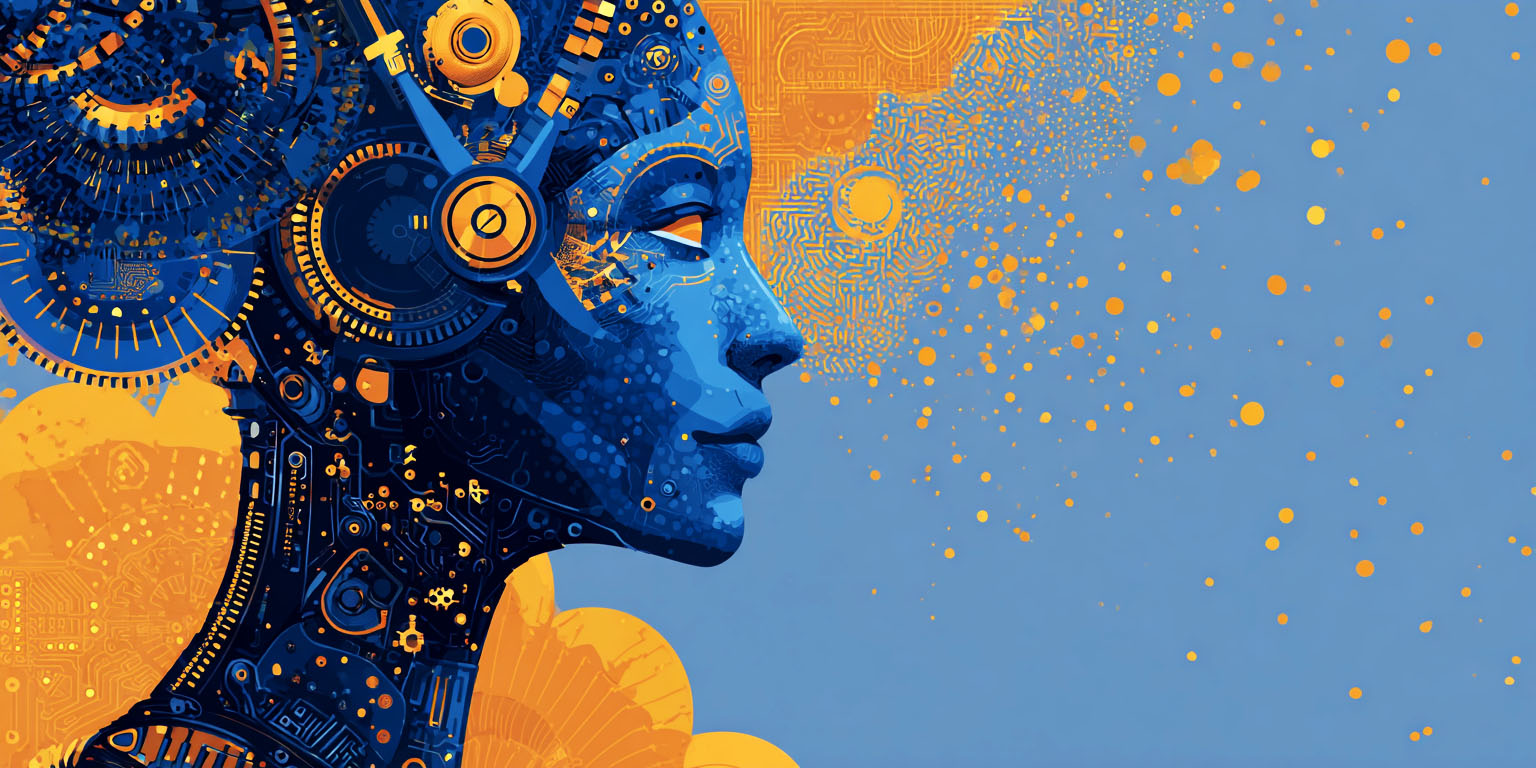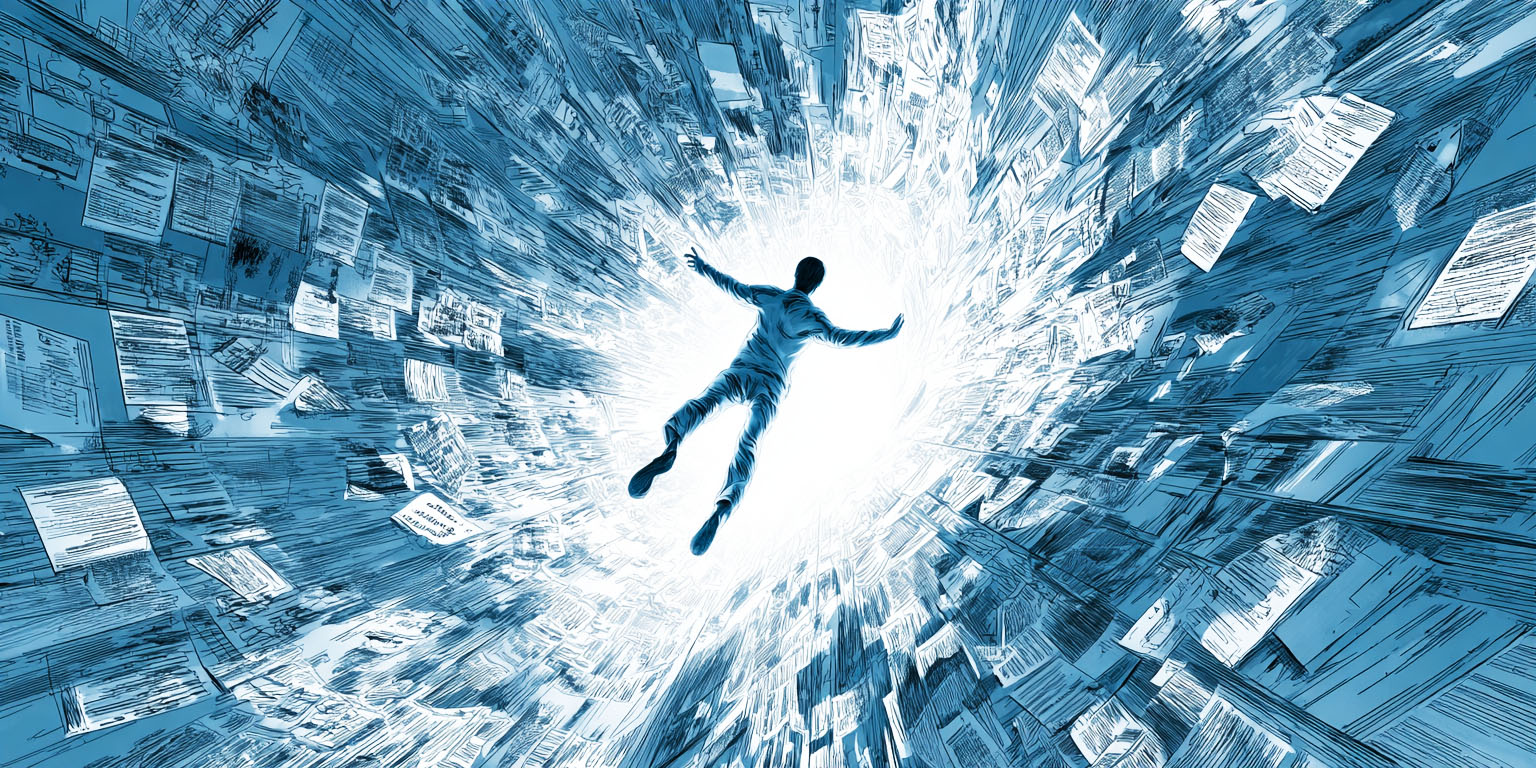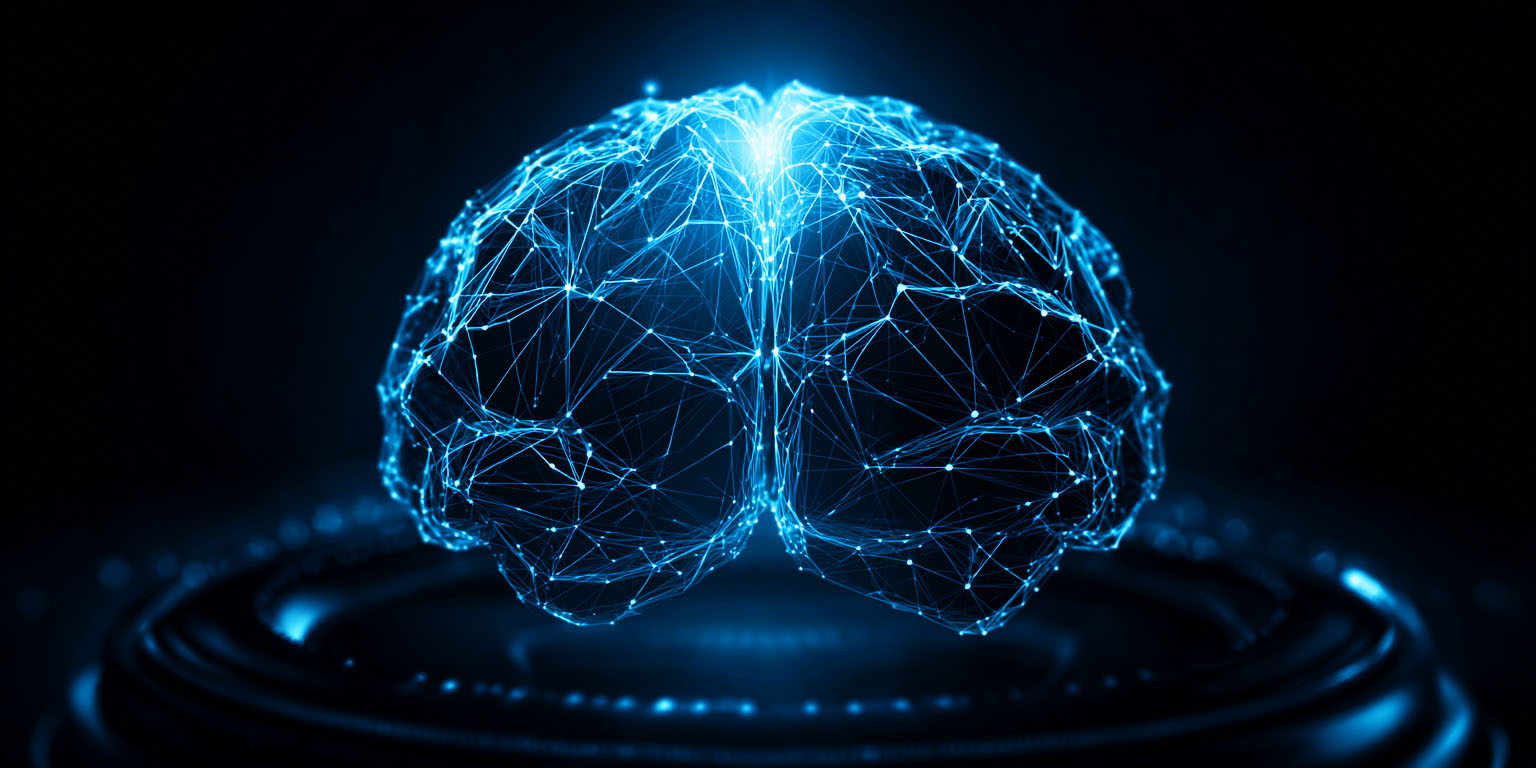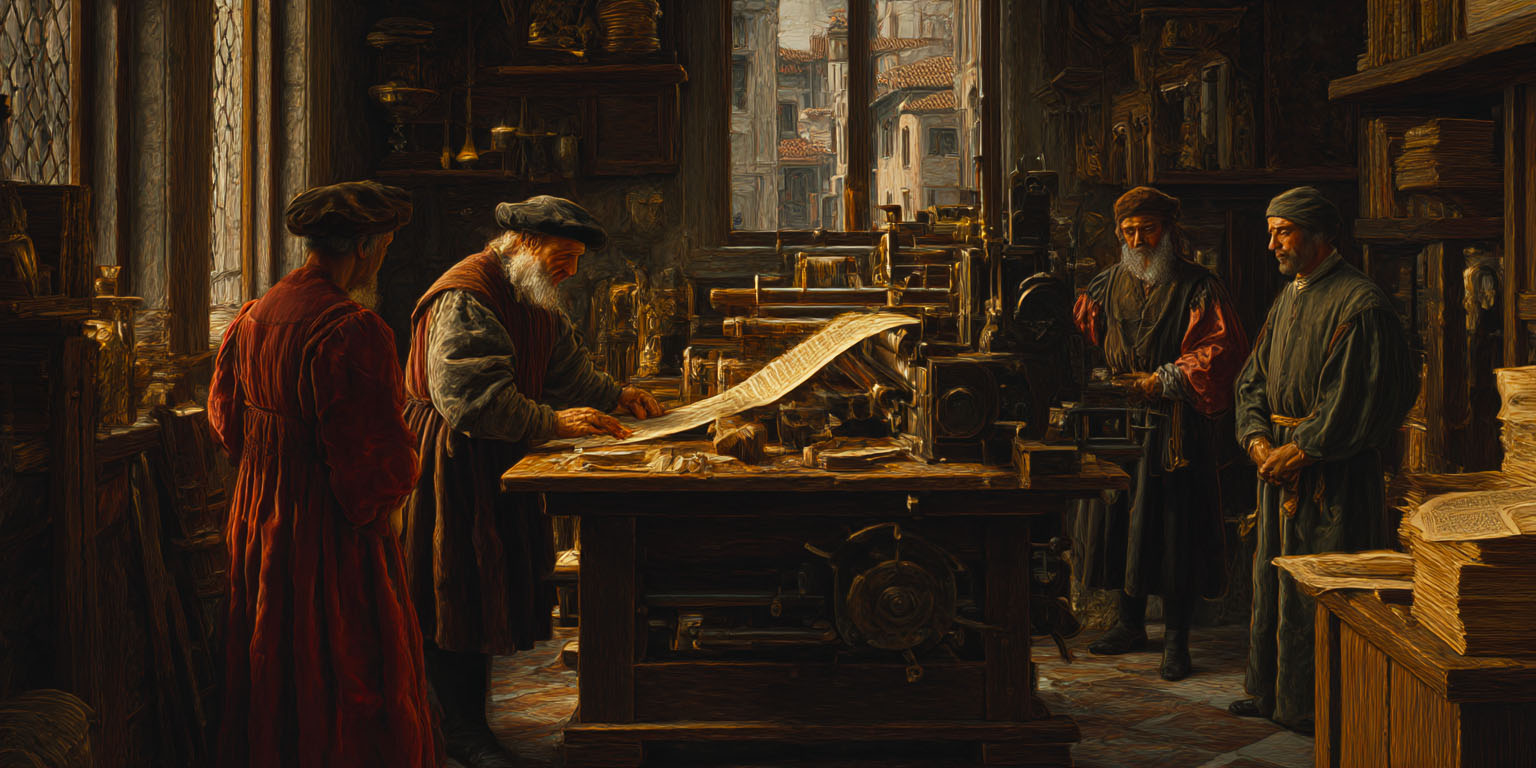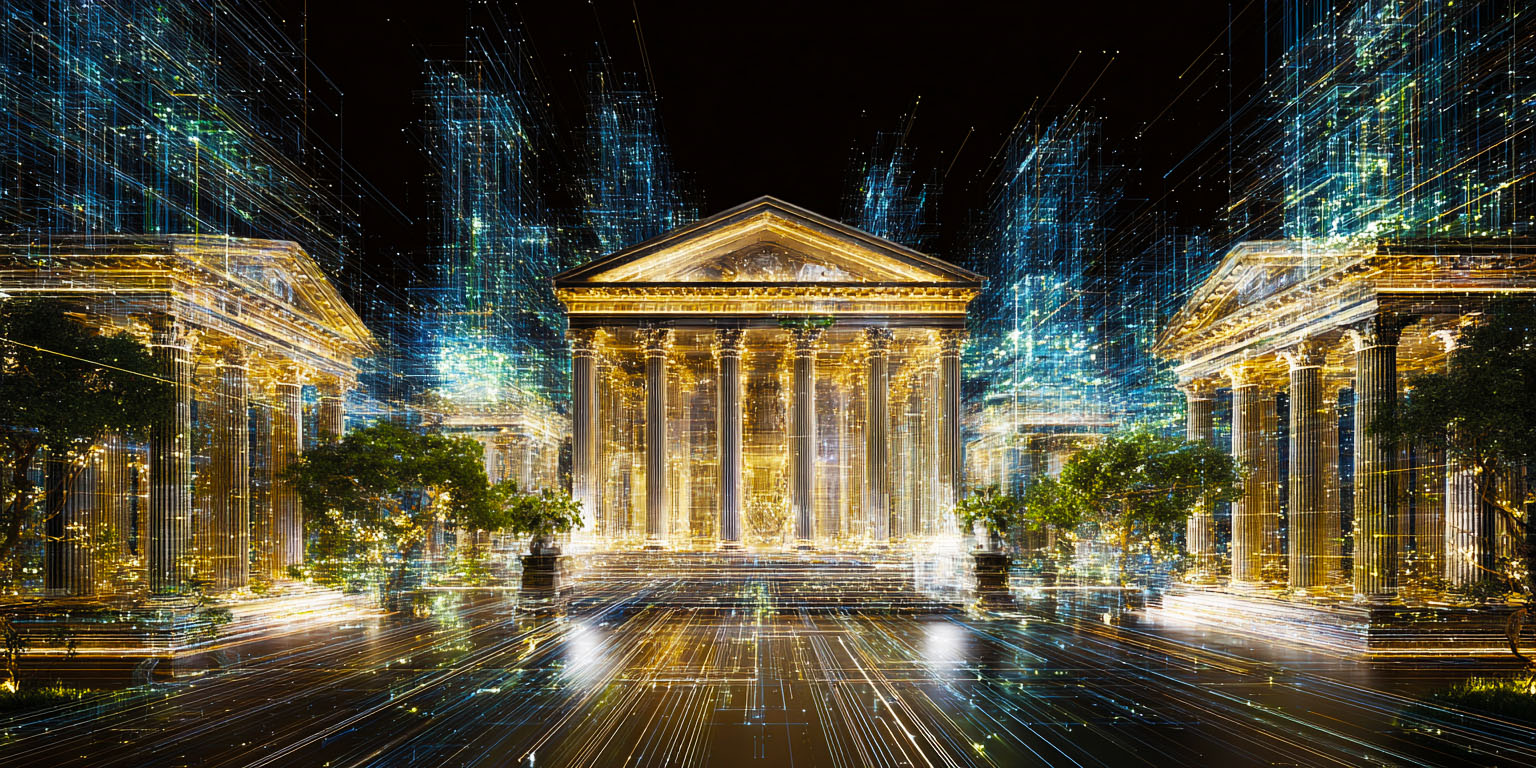The Opportunity Downstream

India is currently addressing the AI challenge by focusing on AI models. But the need of the hour is to determine how AI can be used to address real-world problems. This is where India has an opportunity to lead - downstream of where its current focus lies.

